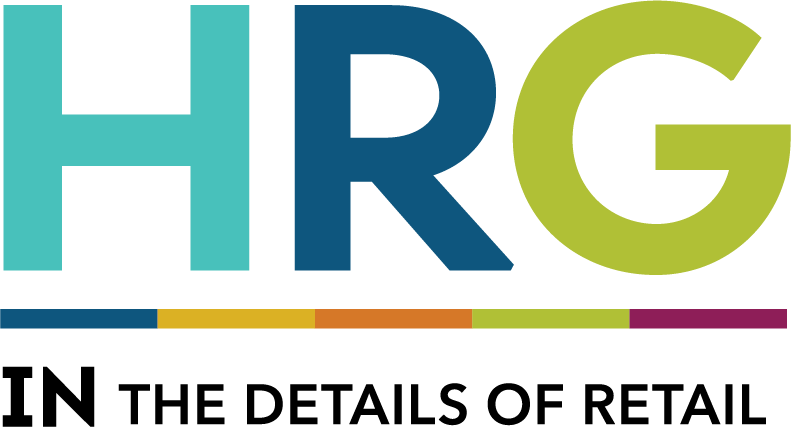By Dave Wendland, for Forbes Agency Council, as appeared on Forbes.com January 2, 2020
Albert Einstein is credited with saying, “Whoever is careless with the truth in small matters cannot be trusted with important matters.” It is such untruthfulness that likely is the underpinning of distrust across our country.
For some, it may seem that trust is no longer a sustainable trait. Mistrust has run rampant throughout political circles. Data integrity and lack of trustworthy protection have caused havoc. Product reliability has been frequently questioned. College applications and testing may be less truthful than imagined, and neighbors are not as friendly or connected as they once were. What happened to the Golden Rule?
Research continues to suggest, however, that trust in businesses and in products sold remains among the most important criteria to consumers. A February 2019 Gallup survey revealed that “trust remains a vital form of business currency, but customers rely on different signals to convey a company’s trustworthiness — including, in many cases, a wealth of information about its ethical track record and the experiences of its customers and employees.”
The survey also highlighted that employees who strongly agree that their company would choose to do the right thing over an immediate profit are much more likely to be confident in the company’s financial future.
Trust is a core value of some of the most successful businesses in America. It is often cited as a vital business and brand asset, especially in relationships with customers, clients, co-workers and stakeholders — so much so that a list is compiled each year of the companies that are rated the most trustworthy.
Earlier this year, the Pew Research Center released findings of a comprehensive study on trust and distrust in America. The study found that about 7 in 10 Americans (71%) think people are less confident in each other than they were 20 years ago.
I agree with Warren Buffett’s characterization of trust: “Trust is like the air we breathe — when it’s present, nobody really notices. When it’s absent, everyone notices.”
As our company approaches its 40th anniversary, I am humbled by the recognition and respect our clients, community and co-workers have for our ethical practices, honest communication, core values and general business principles. Our reputation has been reinforced through four decades of repeated behavior. A client recently commented that our focus on their priorities and willingness to do whatever it took to make them shine in the eyes of their customers was unprecedented and deeply appreciated. That, to me, exemplifies trust in our ability to apply our knowledge to their specific needs. They also said that they would not hesitate to work with us in the future and that they trusted our team’s capabilities.
If a brand has lost trust or wishes to reinforce it to customers, I suggest focus be given to the following five factors (and they happen to represent an acrostic for TRUST):
Truthful: Honesty, integrity and consistent actions undeniably lead to trust.
Consistency in your delivery of materials, the way you treat clients and the manner in which you operate your business day in and day out can truly set you apart in the market.
Responsibility: Establish corporate activities with the main purpose of benefiting external individuals, a community or the environment.
For some organizations, social consciousness or “doing the most good” are simply words that are written on a wall. But it needs to be a way of life. This can be as simple as your entire team accepting responsibility for outcomes for your clients, community and co-workers.
Unifying: Demonstrative focus on a client and brand’s specific needs and ensuring that all members of the team are sincerely working together toward a common goal.
Teamwork is best exemplified by a group of individuals all pulling in the same direction and moving toward a common goal. Although unique individuals are departmentalized from a structure standpoint, when it comes to client needs, you should move as one.
Steadfast: Be reliable, almost predictable, in how you approach business and treat customers.
Nothing gives me more delight in our company’s delivery of a service than clients who comment that they “set their clocks by us.” In other words, keep your promises by doing what you say you’ll do and delivering it when you say you will.
Thankful: Customers are at the heart of why brands survive. Without them, a brand wouldn’t last. Authentic appreciation goes far.
Chick-fil-A is often acknowledged for its pleasant and sincere treatment of its guests with over-the-top use of please, thank you, and you’re welcome. Take every opportunity to thank your customers and vendors for the trust they place in you and the reliance you have on one another.
Is trust important? I cannot think of a more critical time for companies to pay genuine attention to their demonstration of trust. Consistency, honesty, sincerity and transparency can make all the difference. The guiding principle is simple: “Treat others like you want to be treated.”
